

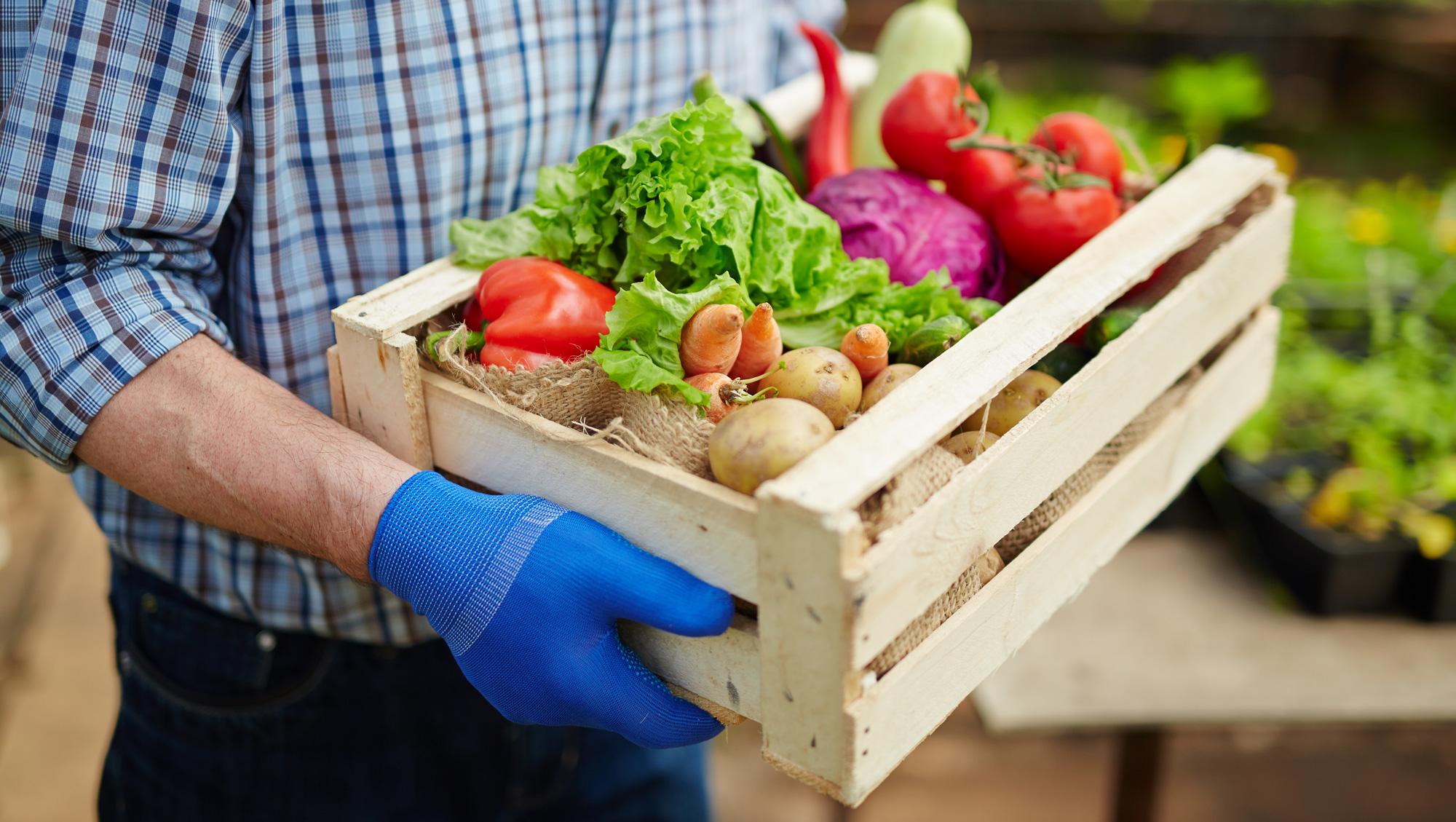
Marketing is one of the most important factors in determining the success of any organic farming enterprise. It includes most of the decisions made by producers. These decisions range from determining the most marketable varieties to produce to deciding how to deliver high quality fruits and vegetables to consumers at a profit. However, marketing does not begin after the fruits and vegetables are produced. Instead, marketing alternatives need to be considered even before production takes place.
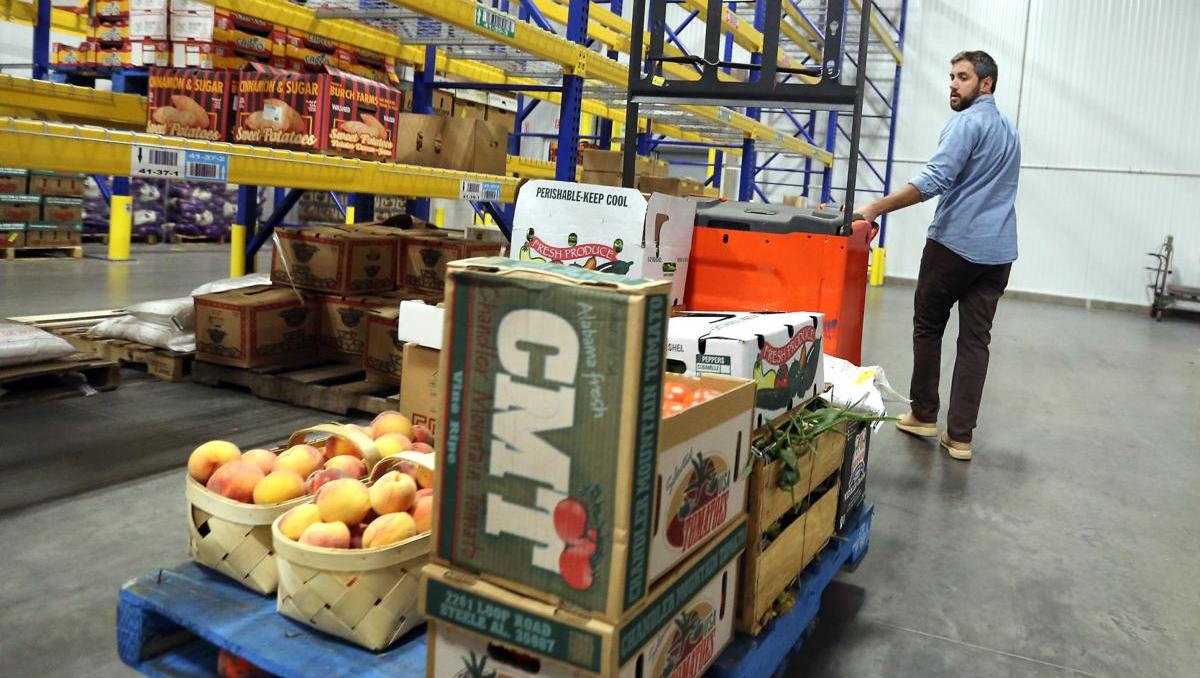
Shipping point sales are those made by the organic farmer to a local shipping point buyer, who in turn sells the fruits and vegetables to terminal and wholesale market buyers. Shipping point buyers, may be area packinghouses, produce distributors or other handlers such as buying offices for large chain stores. For successful marketing of organic produce, grading and packing is required by most buyers. Packing facilities provide these services for growers and may also harvest, help manage field operations, deliver to buyers and lease production equipment.
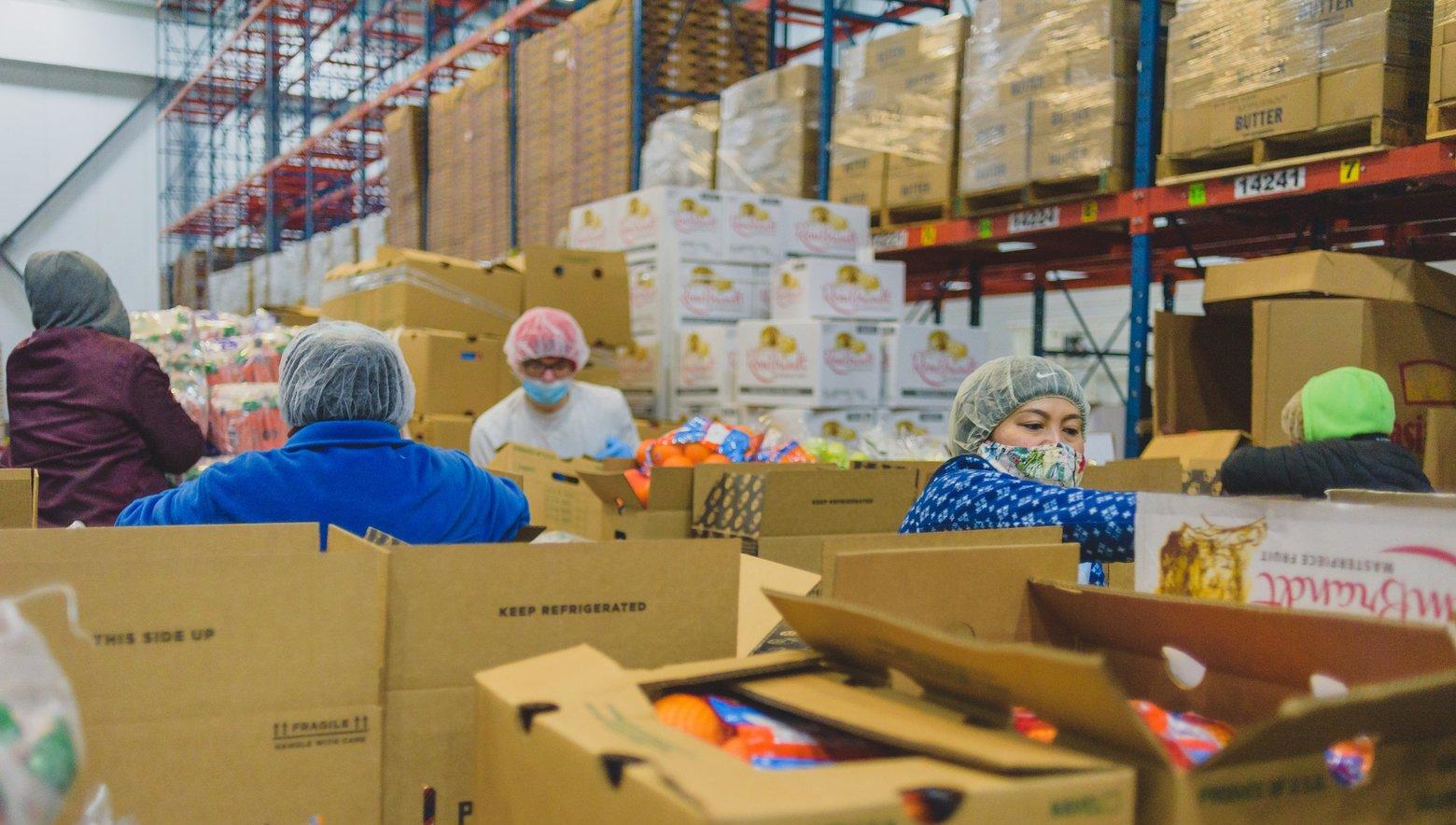
Brokers are individuals or firms which neither take title nor possession of the organic fruits and vegetables but serve as agents to negotiate sales contracts between buyers and sellers. Some sellers rely on brokers entirely, while others use broker services in a supplemental fashion with their own sales and procurement staff. Brokers try to locate the best quality fruits and vegetables at fair prices for both buyers and sellers and inform each party of terms, conditions and special agreements of proposed contracts. Brokers may also handle invoicing, collections and remittance, but brokers are not responsible for payment if buyers fail to honor a contract.

Some opportunities exist for small acreage organic producers who are willing to deliver fresh produce to retail outlets. With the popularity of organic produce, some restaurants purchase locally grown organic fresh fruits and vegetables. Small independent grocery stores are also potential contacts for sale of fresh organic fruits and vegetables. Other potential markets may include exclusive hotels. Selling to these markets requires a truck to transport the merchandise, time to deliver to each location (as several will be needed to make delivery cost efficient), and the ability to deal with several buyers on an individual basis. Buyers and sellers usually negotiate prices and delivery times. These outlets require frequent low volume deliveries of a variety of produce. Institutional markets may purchase lower quality grades and not require specific containers.
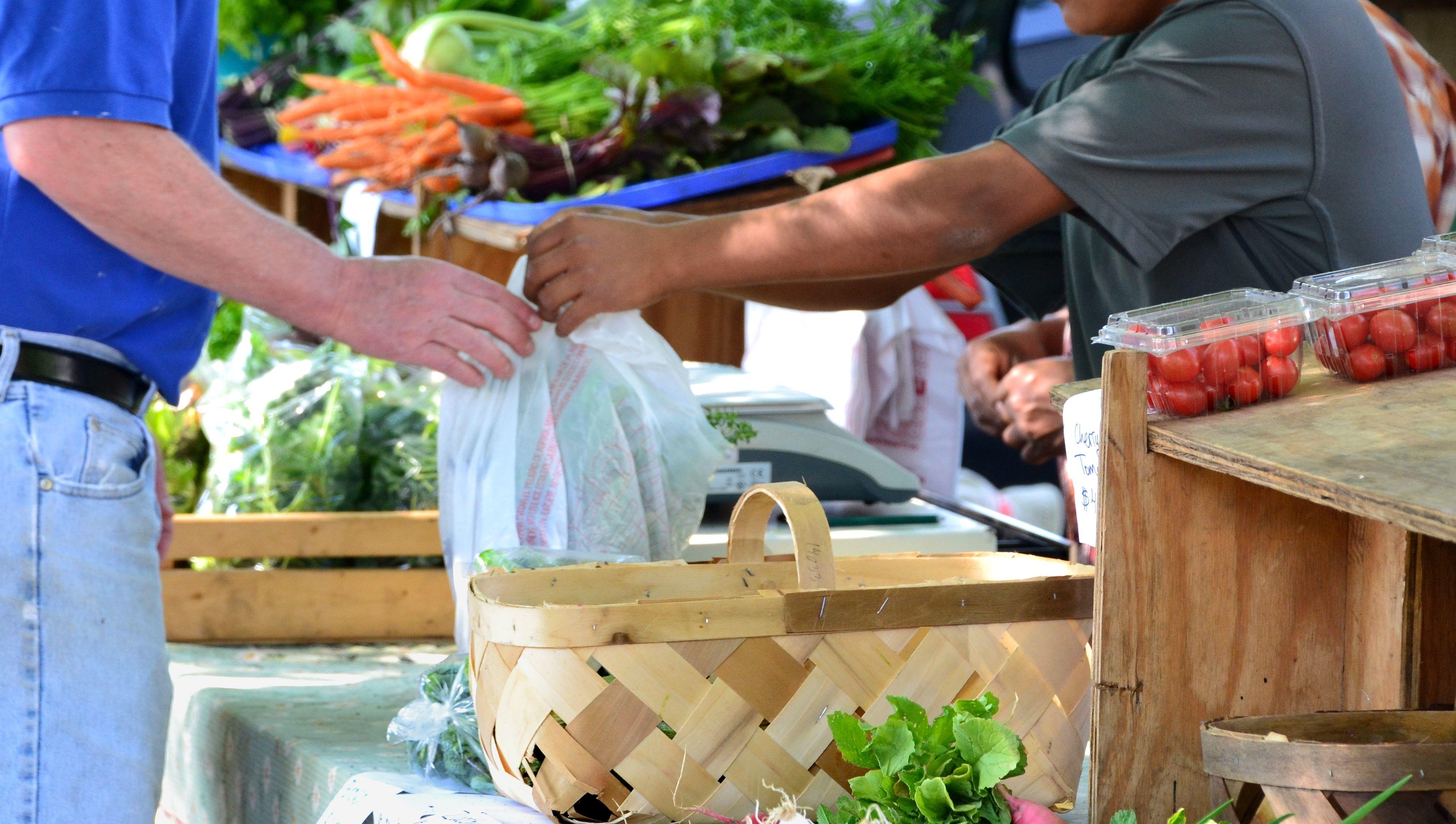
With roadside stands or markets, a grower establishes a selling place (stand) near a roadway and sells organic produce directly to consumers. Roadside markets vary from small firms selling one or two products on a seasonal basis to firms selling a diversified product mix. The roadside stand is usually located on or near the farm. Produce sold in a roadside stand may be grown exclusively on the farm or may be purchased from outside sources. However, the roadside stand operator should ensure that purchased produce meets all certification standards.
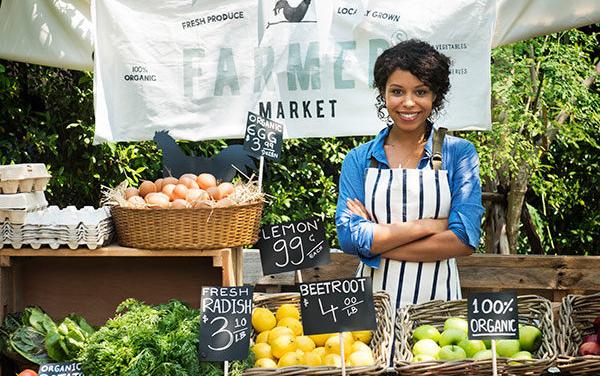
Farmers’ markets are an increasingly popular form of direct marketing. Producers come to a designated place to sell their products directly to consumers. Farmers’ markets differ from other direct marketing operations in that growers share insurance, advertising and other marketing costs. Successful farmers’ markets are very helpful in increasing the incomes of small farmers who participate in them.